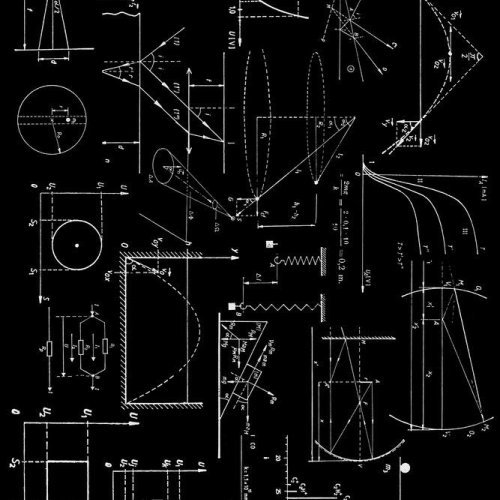RUGBY'S BATTLE OVER CONCUSSION
Discussion of a land mark case
By Michael Cotter
As the Six Nations enters its second week, rugby is making headlines both on the field and in the courtroom.
The legal landscape of the sport is shifting dramatically as a high-profile concussion lawsuit advances in the UK courts. Hundreds of former players from both rugby union and rugby league have launched legal proceedings, alleging that repeated head injuries sustained during their careers have led to serious long-term neurological conditions, including early-onset dementia and chronic traumatic encephalopathy (CTE). The case has the potential to redefine player welfare and accountability within the game.
The High Court in London has now laid out the next steps for the case, setting the stage for a pivotal legal battle. Trial directions are expected by December 2025, with proceedings potentially beginning within two years. Both sides have been tasked with identifying test cases that will serve as the legal foundation for the broader claims, a move that will shape the strategy and outcomes for the hundreds of players involved.
Adding a new layer of complexity, the law firm representing the claimants, Rylands Garth, is now under investigation by the Solicitors Regulation Authority (SRA). Allegations have surfaced that some players may have been pressured into joining the legal action, raising serious questions about ethical conduct in sports litigation. Despite this scrutiny, the firm has pressed ahead, with an additional 50 claimants stepping forward. This expansion underscores the growing concern around player welfare and the long-term effects of head injuries.
This is no small-scale legal battle. High-profile former international players have joined the lawsuit, further amplifying its significance. British and Irish Lions players Lee Byrne, Gareth Cooper, Harry Ellis, and Phil Greening are among those seeking accountability from rugby’s governing bodies. Their involvement highlights the severity of the issue and the increasing pressure on rugby authorities to address concussion protocols and player safety measures.
This lawsuit could be one of the most significant legal battles in rugby history. If successful, it may lead to sweeping changes in concussion protocols, player safety regulations, and financial compensation for affected athletes. The potential ramifications extend beyond the courtroom, potentially altering how the game is played, coached, and governed.
As this case unfolds, the legal and sporting worlds will be watching closely. The outcome could redefine the duty of care owed to players and set a precedent for future litigation in contact sports.
michael.cotter@ceclegal.co.uk






































